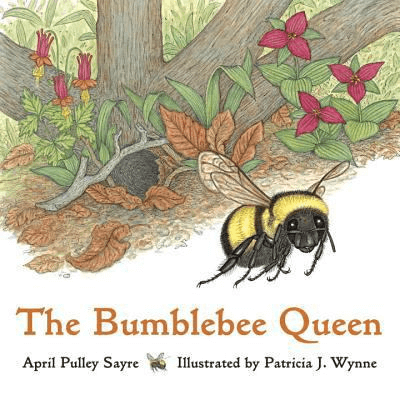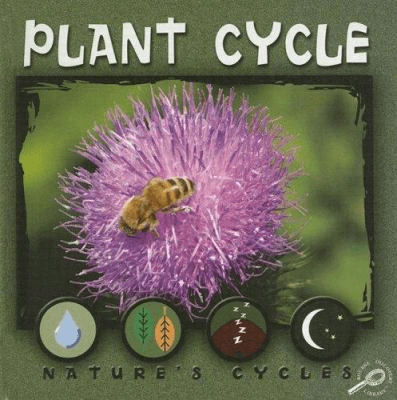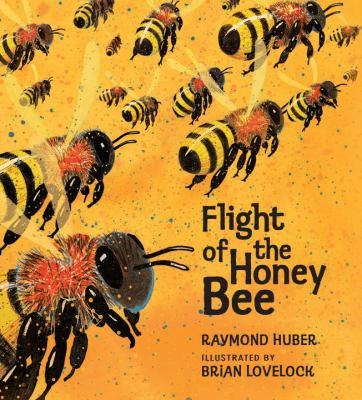A few weeks ago, I was sitting out on my porch reading when I heard a low, laboring buzzzzzzzzzzz coming from just over my right shoulder. I turned my head and experienced my first bumblebee sighting of the year! Now I know for some, excitement is not a typical bee-reaction. But, having started doing pollinator storytimes with Kindergarten and first-graders across the city, I had just learned that queen bumblebees spend the entire winter burrowed underground! This lady bee had dug herself out and was buzzing around in search of the perfect spot to start her colony.
Did you know: Honeybees do a “waggle” dance that shows other bees in the hive exactly were the best flowers are located.
The Library’s BLAST (Bringing Libraries and Schools Together) team has been sharing these and other fun pollinator facts with students during the last round of Thematic outreach programs which run from April-June. If your kiddo attends K-1st grade in Pittsburgh Public Schools, they may have some interesting pollinator knowledge and new favorite books to share.
Did you know: Hummingbirds need so much energy that they sip nectar from up to 3,000 flowers each day.
If not, you can still join in the pollinator fun! Your local librarian can connect you with a ton of great books and other materials about our pollinating friends: bees, bats, hummingbirds, beetles, flies, midges, butterflies, and moths. Some locations even have gardens where you can help grow flowering plants that are an important source of nectar and pollen.
Did you know: The midge is the only pollinator for cocoa trees. If it weren’t for this very tiny fly, we would not have chocolate!
If you still haven’t gotten enough and you are the type of person who likes ultra-catchy, stuck-in-your-head-all-day, child-friendly songs, here is a great one to learn and sing together.
Sung to the tune of She’ll Be Coming ‘Round the Mountain:
Bees pollinate the flowers while they eat!
Bees pollinate the flowers while they eat!
The pollen sticks from one plant,
And it falls off on another.
Bees pollinate the flowers while they eat!
**Repeat replacing “bees” with your next favorite pollinator**
Bonny is the Youth Services Librarian at CLP – Lawrenceville and a former member of the Library’s BLAST School Outreach team. Her passions include amateur biking, experimental cooking, and interjecting random facts she’s learned from Children’s books into everyday conversations.



